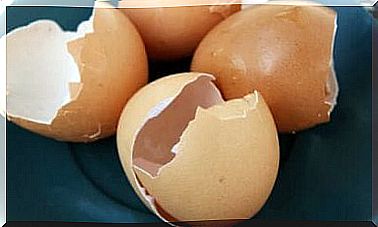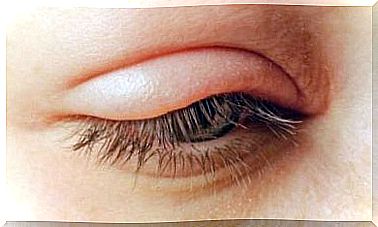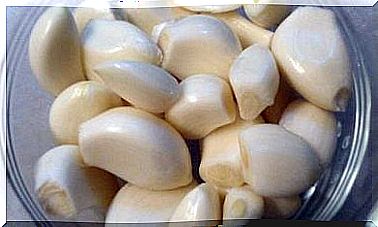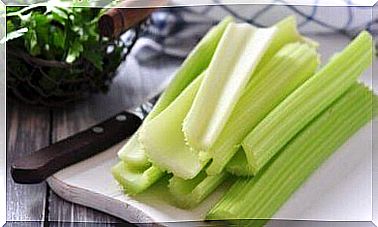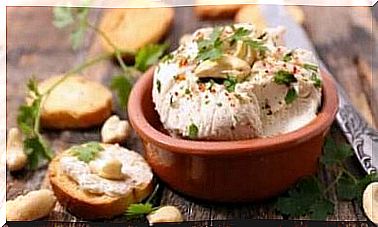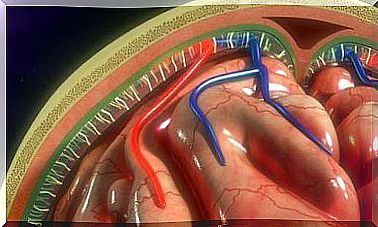15 Healthiest Probiotics And Prebiotics
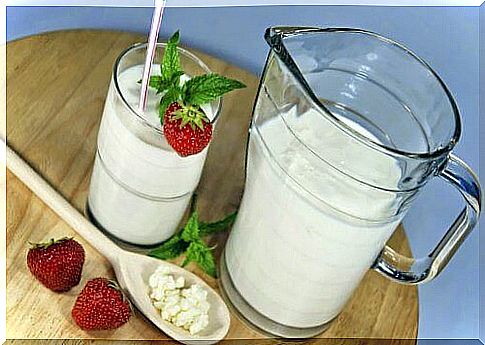
Probiotics and prebiotics are not the same thing, but they may sometimes be confused or the benefits they offer may not be clearly distinguished. In any case, probiotics and prebiotics are important for health. They help to improve the functioning of the digestive system and strengthen the immune system to prevent infectious and numerous other diseases.
We are confident that this information will be of use to you and that you can take advantage of the advice we have given you, so let’s get started!
Probiotics and prebiotics are not the same thing
You’ve certainly seen countless TV commercials for different types of yogurts that add “good bacteria” to your body. These refer to probiotics found in common unflavoured yogurt, kefir, sauerkraut and miso soup. These all strengthen the bacterial population in the gut.
So what are prebiotics? Don’t they make good bacteria? Are they digestive microorganisms? In a way, yes. Here’s a little more information about them:
1. Probiotics
- The World Health Organization (WHO) defines probiotics as living microorganisms that, when eaten in appropriate amounts, are good for health.
- They are intestinal bacteria that stimulate the digestive fluids and natural enzymes necessary for good digestion. You should always eat organic or natural probiotics.
- It can be scary to think that your digestive system is inhabited by all kinds of bacteria. But they are known as the gut microbiome, and not only is this microbiome good for health, but it is also sensitive to the foods you eat, as well as stress, some diseases, and many different medications.
- These microorganisms also play an important role as part of the body’s immune system in the intestinal mucosa. They prevent the growth and development of pathogens, ie harmful microorganisms.
- Ingestion of probiotics such as sour milk products helps protect against many diseases. However, let us first talk about the term ‘sour’. Normal milk can often be more harmful than beneficial to the gut, as it can cause inflammation there in people with intolerance.
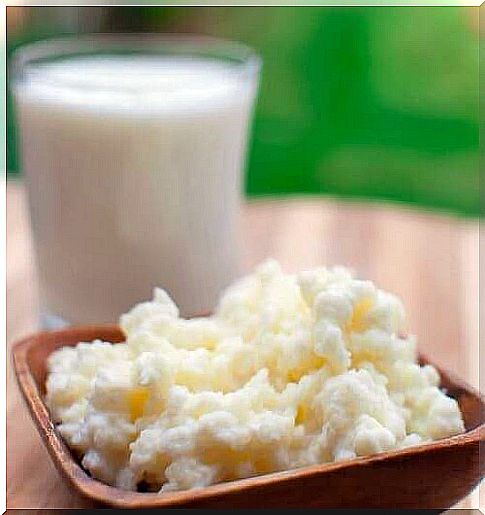
2. Prebiotics
- Prebiotics are a kind of carbohydrate that acts as a layer under the probiotics. They are substances that the gut cannot digest. Indeed, they serve as a structural basis and strengthen these living organisms, which protect us from harmful factors.
- They are designed to stimulate the immune system. They promote the growth of beneficial bacteria in the gut, while preventing the spread of pathogens.
- Prebiotics help with the absorption of some trace elements such as calcium and magnesium.
- They reduce intestinal gases and promote intestinal function.
- They fight constipation and inflammatory bowel disease.
The best probiotics to take daily
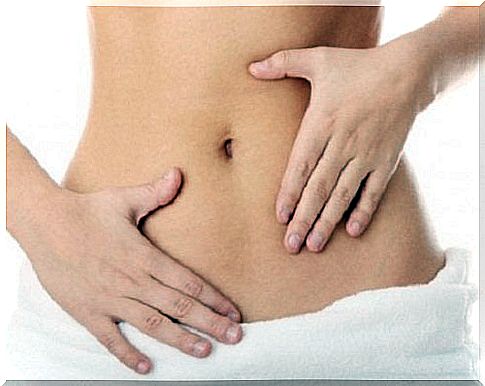
1. Kefir
- Kefir is fermented cow’s or goat’s milk. The sour taste of kefir is due to the fermentation process, which reduces the natural sugars in the milk.
- Kefir can be ingested in liquid or granular form and is especially recommended for breakfast.
- It is one of the foods with the most living microorganisms capable of strengthening and treating intestinal health.
- If kefir is ingested regularly, it will help reduce the pathogenic bacteria in the gut that often cause stomach disease.
2. Sauerkraut
- It could be said that after kefir, the second most useful food for intestinal bacteria is sauerkraut.
- Sauerkraut is a fermented cabbage full of lactobacilli and bifidobacteria.
- It improves the quality of intestinal bacteria, restores the pH of the small intestine, treats digestion and allows for better absorption of nutrients.
- Sauerkraut is full of vitamins A, B1, B2 and C as well as trace elements such as iron, calcium, phosphorus and magnesium.
Other foods containing probiotics
- Greek yogurt
- Miso soup
- Kombutsa drink
- Olives
- Dark chocolate
The best prebiotics to enjoy every day
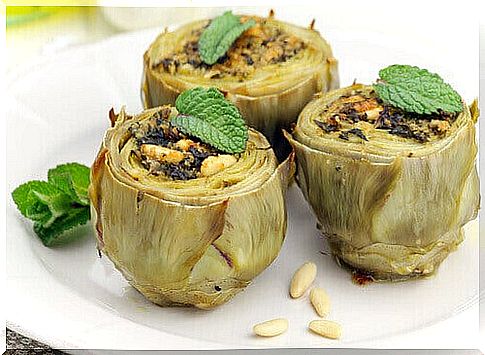
Artichokes
Artichokes are not only super-healthy for the liver, but they are also one of the best foods containing prebiotics. They contain 3-20% inulin, which is one of the most common prebiotics.
Chicory
Second, the food with the most prebiotics, such as inulin, is chicory. Chicory can be found in health food stores and can be used among foods or can be made into a natural herbal drink.
Garlic
Garlic contains approximately 15% inulin. How about a glass of water with fresh garlic juice every morning? Your health will thank you!
Onion
Onions contain 5-8% inulin. They can be eaten raw or cooked.
Leek
Leek contains 3-10% inulin and is great for improving intestinal health.
Wheat germ
Wheat germ is another food containing prebiotics that can be added to the diet. 5% of it gets prebiotics.
Flour
Wheat flour provides 5% prebiotics if eaten cooked. Always enjoy it in moderation to avoid weight gain.
Bananas
If you like a banana, eat it whenever you want. It provides only 5% of inulin, but when combined with the foods mentioned earlier, they help stimulate intestinal bacteria, thus improving your health. It’s worth it!
As you can see, probiotics and prebiotics are different things and have different functions for intestinal function. However, both of them are of great importance for human health.
